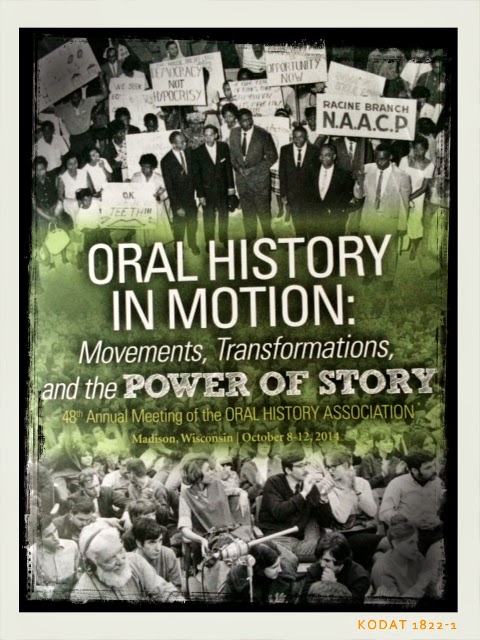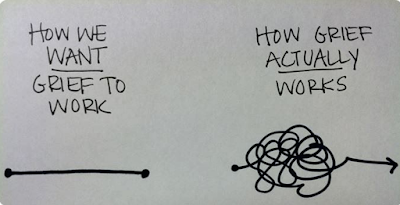My Book: Derry City
I am excited to announce that my book, Derry City: Memory and Political Struggle in Northern Ireland, has been published recently by University of Notre Dame Press.
(Note: If you want to buy the book, check here regularly, because I
post discount promo codes from the press as they become available. The hardcover is pricey. Also note: I don't plug the book for personal gain -- a first time author with a university press in the US is likely to see anywhere from $0 to $800 from their book. However, I want my book to get to paperback, which would make it more affordable and accessible and it needs to sell a certain number of copies for a paperback to be issued. Why? See under: first time author with a university press. :))
The book traces the social and cultural history of Catholic and nationalist Derry from the end of the 19th century to the 1960s through the lens of memory and explores how explorations of a community's memory might help us better understand history.
Whether they were producing formal historical accounts, narrating local chronicles, telling ghost stories, singing songs or transmitting folklore, staging commemorations, leaving traces on the cityscape, preserving material culture and more, Derry's nationalist residents in fact charted contemporary experiences just as much as they reflected on historical events. This book investigates and contextualizes these dances with the past in order to illuminate little-known aspects of Derry in the years before Partition and during the decades that saw Catholics and nationalists negotiate the challenges of being seen as a "suspicious minority" in Northern Ireland even as they grappled with estrangement with those on the other side of the Irish border and with their own Irishness.
It is an academic book, yes, but it is also a book of
stories. It features iconic figures from the city's past, people like
Father Willie Doherty and Frank Curran, political figures like Eddie
McAteer and Patrick Crampsey, Paddy Shiels, and Walter
Bernard........it tells stories about the Féis Doire Colmcille and the
AOH and St. Columb's Hall. There is music and storytelling and family
drama and children's games and ghost stories. The GAA and the Gaelic
League and Éoin McNeil and the IRA all feature.....Liam Brady tells the
story of the Irish War of Independence from a Derryman's perspective.
The books takes a closer look at Derry from the 1890s through the 1960s and examines the
ways Catholics and nationalists drew from the past to orient themselves,
to galvanize around contentious politics and, in many cases to maintain an Irish
identity and negotiate complicated realities of living in (what became after 1922) a partitioned state. The project took shape when I realized that in this Catholic-majority city, the memorial landscape before the 1970s really didn't seem to tell nationalists' stories or mark their spaces.
I was inspired by Diana Taylor's idea of the repertoire (as opposed to the archive) and started to look for historical evidence of memory practices that were performed through rituals, oral traditions, performances and through local history chronicles. When looked at from that angle, memories wove through nearly every aspect of Catholic and nationalist life in Derry. This book is an effort to investigate the threads on their own, and also to demonstrate the ways they came together as testament and guide for community life.
 |
| At the Derry Girls mural outside Badger's in 2019. |
- What kinds of memories and experiences motivated and informed the civil rights activists of the 1960s in Derry?
- How did the broader nationalist community interpret the activities of the '68 generation when the civil rights movement was happening? What events and memories shaped their perspectives?
- How did taking the long view of things -- by placing them in historical context -- enable Derry's residents and their leaders to face the challenges and disappointments they encountered?
- While the Battle of the Bogside is often portrayed as a riot, is there another way to view the events of August 1969 in Derry --- and how does laying out the context help us with that?
- How did the creation of a border and the very act of partition affect people living on that border and feeling as if they should have been on the other side of it?
- When a political system and its policing apparata see one's community as a threat, what are ways of holding together and forming cohesiveness while flying under the radar? How come "memory" practices seem less oppositional than questioning the present and wanting to create a different future? How can the past become a venue for rehaping present and future?
- Viet Thanh Nguyen's character in The Sympathizer said that those who own the means of production also own the means of representation, and that "not to own the means of production can lead to premature death, but not to own the means of representation is also a kind of death," then how does claiming the right to tell one's own story an act of self-defense or defiance in the face of being marginalized or oversimplified?











This one. "Nostalgia Revisited: Memory and Identity in Catholic Derry 1896-1969".
ReplyDeleteThis comment has been removed by the author.
DeleteI love "Gerrymandered Memories". It evokes so many thoughts and questions on public history that I would want, no, need, to read this to see how one place has dealt with it.
ReplyDeleteI say go with Gerrymandered Memories, for the reasons Anonymous says, but also because it's such a comment on the history of "Londonderry, or Derry, as the nationalists call it" (In the words of the NY Times).
ReplyDelete